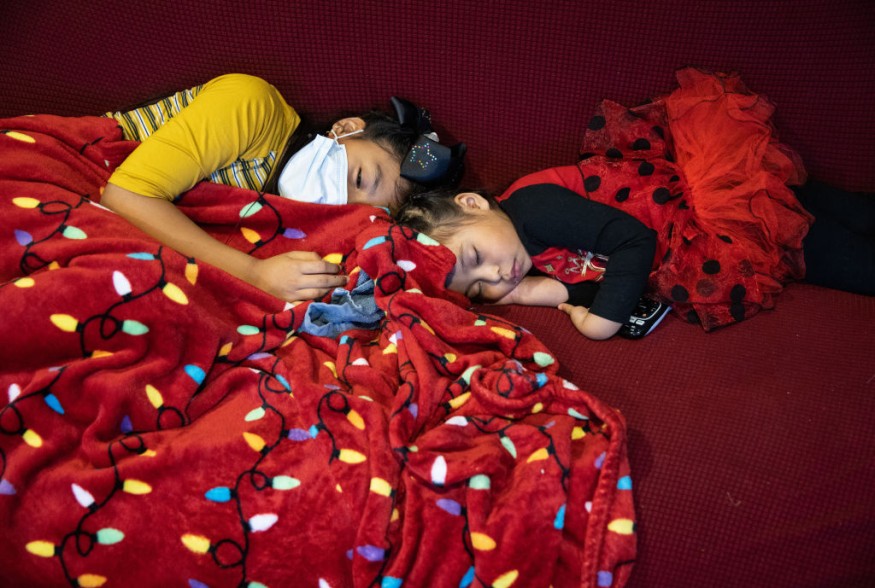
There may be moments when something is bothering you at nighttime, and you cannot sleep even if your eyes are closed. Not knowing that before you go to bed, you have been consuming food. Consuming food means you are unconsciously making your eating habits that might affect your sleep.
Sleeping is essential to the body. According to the National Institute of Health's (NIH) National Heart, Lung, and Blood Institute, when you sleep, the repair of the blood vessel and your heart commences. People who are sleep deficient will have a heightened risk of heart disease, kidney disease, high blood pressure, diabetes, and stroke in the long run.
Moreover, eating habits before going to bed may affect the sleep itself or its quality. To avoid complications, here are the eating habits that may affect your sleep.
Large Meals
Eating at night is okay but make sure that you won't be eating a heavy meal three to four hours before going to bed. In an interview with Eat This Not That, Alcibiades Rodriguez, MD, shares that you increase the core temperature when you eat, but it is needed to be cooled down once you are going to sleep. Rodriguez also notes that you can eat snacks but not a heavy meal.
Chocolate before bedtime
Chewing a bar of silky-smooth chocolate before going to sleep is comforting. But you might want to quit doing that if you're going to have more quality sleep. In a Mammoth Comfort report, a 1.5-ounce milk chocolate bar contains 9 milligrams of caffeine, and dark chocolate has like 30 milligrams. In other words, when you eat a bar of chocolate, you kind of like drank a coffee before sleeping.
Caffeine in the afternoon
Citing professor of Yale University, Meir Kryger, MD, Eat This Not That emphasizes that trying to avoid caffeine after lunch is helpful. Kryger mentions that caffeine is a drug that counteracts adenosine, which is a compound that makes an individual sleepy during the day. Kryger also notes that caffeine may impede the adenosine in the nighttime that prevents sleep and keeps you awake, compromising your sleep.
Eating Spicy Foods
NDTV Food points out that it is alright to consume spicy foods at dinner time but make sure that you have enough window time before you go to bed. It notes that this is because spicy foods are related to causing gastric disturbance and indigestion, which will make you restless and awake through the night since they are very uncomfortable.
Alcohol as a sleeping aid
You might be using alcohol to help you get to sleep, but according to Rodriguez, that is not advisable. Rodriguez says there is no specific amount of alcohol recommended to affect sleep quality. Rodriguez adds that if you find yourself waking up in the middle of the night, you might consider not drinking it before bedtime.
So try avoiding these eating habits to have a better and quality sleep at night. Remember that sleeping also recharges your energy for the next day, and if you stay up all night, it might affect your performance the next day.
Related article : Eating Habits That Could Be Shortening Your Life, According to Health Experts
WATCH: Why Is Late Night Eating Bad For You? from Health Nucleus
© copyright 2024 Food World News, a property of HNGN Inc. All rights reserved. Use of this website constitutes acceptance of our terms and conditions of use and privacy policy.



